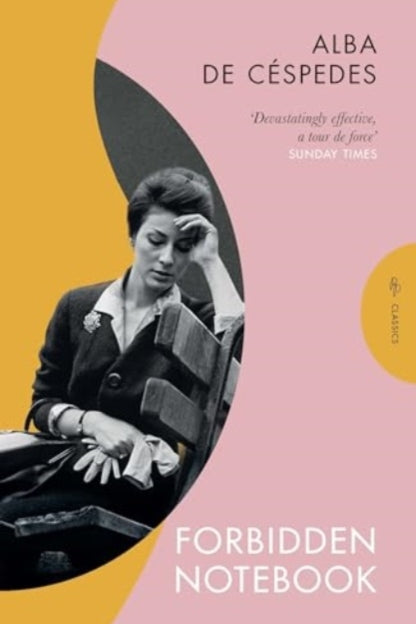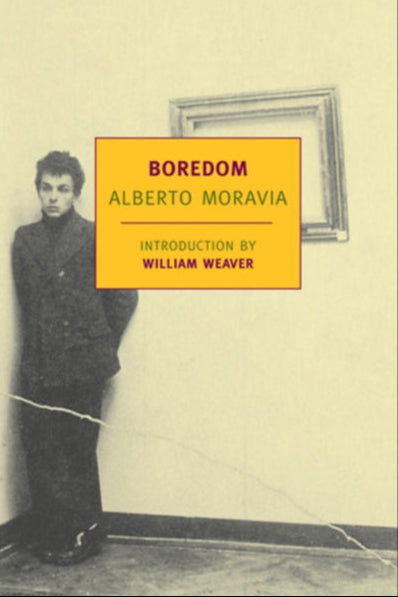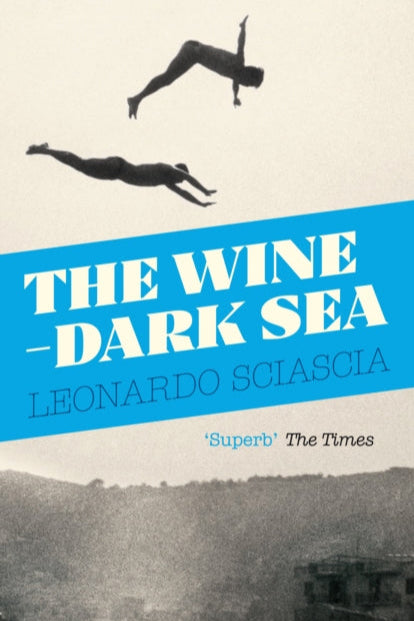Twentieth Century Italian Literature
Italian literature of the twentieth century captures a nation in transition as it navigates war, dictatorship and modernisation. Discover psychological insight in Zeno’s Conscience, feminism in A Woman and political resistance in Forbidden Notebook. Alberto Moravia’s Boredom explores alienation, while Sciascia’s The Wine-Dark Sea delves into Sicily’s moral complexity. These novels capture a time of personal and national upheaval.

Zeno's Conscience - Italo Svevo
When vain, obsessive and guilt-ridden Zeno Cosini seeks help for his neuroses, his psychoanalyst suggests he writes his memoirs as a form of therapy. Zeno's account is an alternative reality, a series of elliptical episodes dealing with the death of his father, his career, his marriage and affairs, and, above all, his passion for smoking and his spectacular failure to resist the promise of that last cigarette. A hymn to self-delusion and procrastination, Svevo's devilishly funny portrayal of a man's attempt to give up smoking and make sense of his life has become a cult classic.

A Woman - Sibilla Aleramo
When her carefree, aspirational childhood in a seaside town is brought brutally to an end, the nameless narrator of Sibilla Aleramo's blazing autobiographical novel discovers the shocking reality of life for a woman in Italy at the dawn of the twentieth century. As she begins to recognise the similarities between her own predicament and the plight of her mother and the women around her, she becomes convinced that she must escape her fate. Unashamed and remarkably ahead of its time, A Woman is a landmark in European feminist writing.

Forbidden Notebook - Alba de Céspedes
Out running an errand, Valeria Cossati gives in to a sudden impulse - she buys a shiny black notebook. She starts keeping a diary in secret, recording her concerns about her daughter, the constant churn of the domestic routine and her fears that her husband will discover her new habit. With each entry Valeria plunges deeper into her interior life, uncovering profound dissatisfaction and restlessness. As she finds her own voice, the roles that have come to define her - as wife, as mother, as daughter - begin to break apart.

Boredom - Alberto Moravia
The novels that the great Italian writer Alberto Moravia wrote in the years following the World War II represent an extraordinary survey of the range of human behavior in a fragmented modern society. Boredom, the story of a failed artist and pampered son of a rich family who becomes dangerously attached to a young model, examines the complex relations between money, sex, and imperiled masculinity. This powerful and disturbing study in the pathology of modern life is one of the masterworks of a writer whom as Anthony Burgess once remarked, was "always trying to get to the bottom of the human imbroglio."

The Wine-Dark Sea - Leonardo Sciascia
Here are some of Sciascia's greatest stories - brief and haunting, the realist tradition at its best. In one tale a couple of men talk, cynically yet earnestly, about the etymology of the word 'mafia' - who they are, and why their interest is so piqued by the word, becomes apparent with frightening clarity. In another story a group of peasants are taken on board a ship and promised that they will be put ashore illegally at Trenton, New Jersey; after a long time at sea, their landfall is far from what they expected. And Mussolini himself takes an interest in the case of Aleister Crowley, whose presence in Sicily has become an embarrassment.
